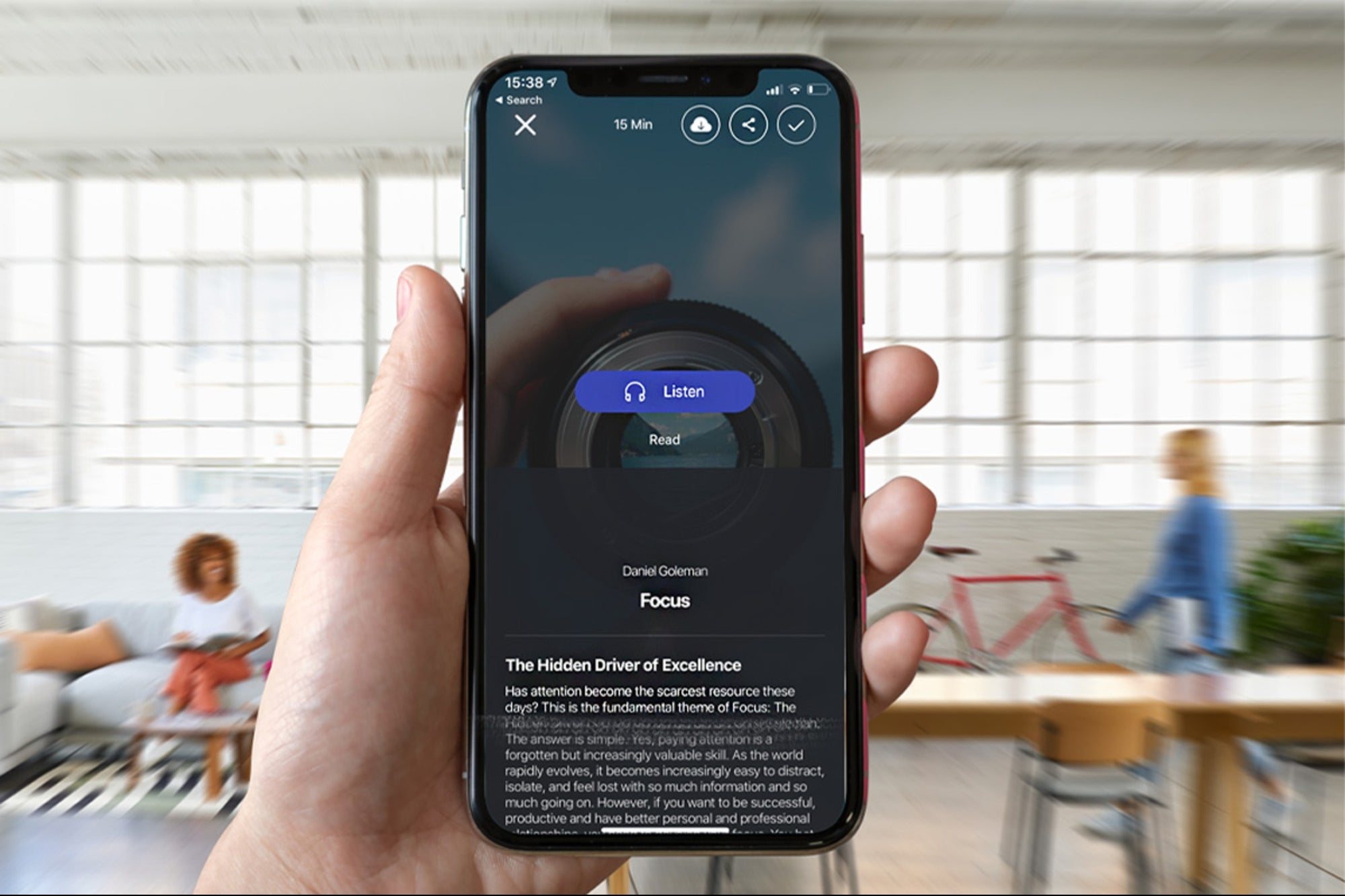Apple Faces $1 Billion Lawsuit Over iPod Allegations The suit claims that Apple abused a monopoly position in that iTunes music could only be played on iPods, unfairly blocking competing device makers.
By Reuters
This story originally appeared on Reuters

Apple Inc will defend against allegations that it abused a monopoly position in the digital music player market as it heads to trial in a case that could cost the company about $1 billion if it loses.
Opening statements are scheduled to begin on Tuesday in an Oakland, California, federal court in the long-running class action, brought by a group of individuals and businesses who purchased iPods between 2006 and 2009. They say a 2006 iTunes update dictated that iTunes music could only be played on iPods, unfairly blocking competing device makers.
Plaintiffs are seeking about $350 million in damages, which would be automatically tripled under antitrust laws. Apple says the software update contained genuine product improvements, and thus should not be found anticompetitive.
The case is one of a handful of antitrust lawsuits Apple has defended over the past year. A New York federal judge found Apple liable last year over allegations it colluded with publishers to drive up e-book prices. Apple is appealing that ruling.
Apple was also one of several tech companies that agreed to settle claims that they colluded to hold down salaries by agreeing not to poach tech workers from competitors. A U.S. judge rejected that $324.5 million settlement as too small, though Apple has asked an appeals court to reinstate it.
The case headed to trial on Tuesday harks back to Apple's pre-iPhone era, when the iPod was its flagship mobile device. Several emails from Apple co-founder Steve Jobs are expected to be entered into evidence, along with short deposition excerpts of Jobs videotaped before he died.
Apple executives including software chief Eddy Cue and marketing senior vice president Philip Schiller are also expected to testify.
Apple faced a challenge in the online music market from Real Networks, which developed RealPlayer, its own digital song manager, plaintiffs claim. It included software which allowed music purchased there playable on iPods.
In 2006, Apple introduced a software update that barred RealPlayer music from the iPod. Plaintiffs claim that discouraged iPod owners from buying a competing device when it came time to upgrade.
Apple, meanwhile, argues in filings that RealPlayer had less than 3 percent of the online music market in 2006, making it "implausible" that its iTunes update would have had such a huge impact on iPod owners' buying decisions.
(Reporting by Dan Levine; Editing by Lisa Shumaker)










